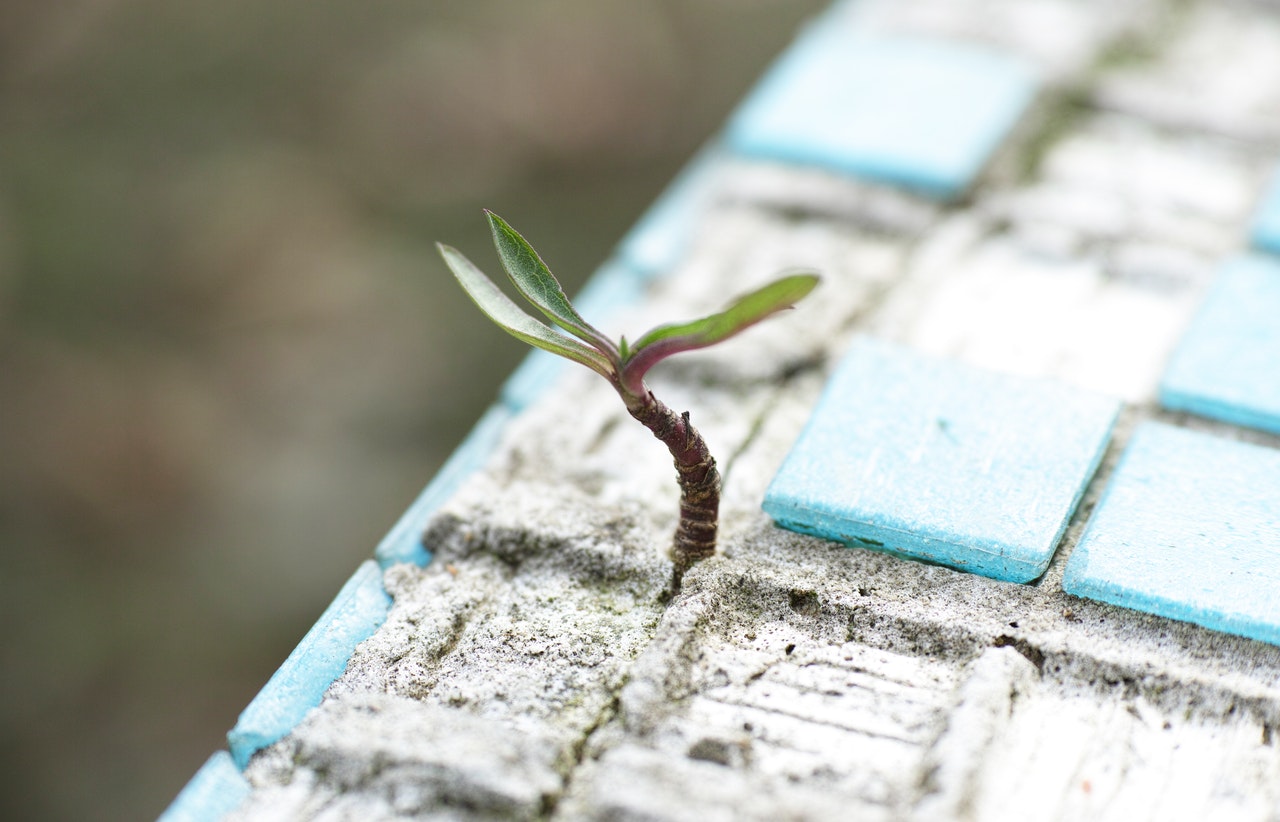


Urban runoff contains significant amount of heavy metals, nutrients, suspended and colloidal particulate matters, and other aqueous and non-aqueous phase pollutants. Therefore, urban runoff has been identified as a major source of non-point source pollutants. Further, the pollution of water resources due to heavy metals has been an increasing worldwide concern for the last few decades as heavy metals are non-biodegradable and could be passed along the food chain through bio-accumulation. Furthermore, increase of urban runoff volume due to impervious paving in urban areas consequently reduces the soil water infiltration and the groundwater recharge.
Permeable pavement development having functional paving materials has gained wider attraction, as functional materials are able to reduce level of pollutants in urban runoff through various mechanisms like filtration and sorption of runoff while the pervious structure helps increase the infiltration of water. However, only a limited number of studies have focused on integrating functional materials such as bio char, the product from thermochemical pyrolysis of biomaterial with pervious concrete.
Bio char is having a range of applications due to its excellent reactive properties, perseverance, non-toxicity and low cost. Since raw materials for bio char manufacturing are plentiful, inexpensive and readily available their utilization for the removal of pollutant is gaining attention as a simple, effective and economical means of water treatment.

Many literature reports that bio char has the potential to remove the suspended particulate matter, attenuate heavy metals and organic pollutants, and adsorb or degrade biological pathogens. RMIT researchers currently investigate the possibility of utilizing bio char as the functional component in cement based pervious pavement manufacturing material.